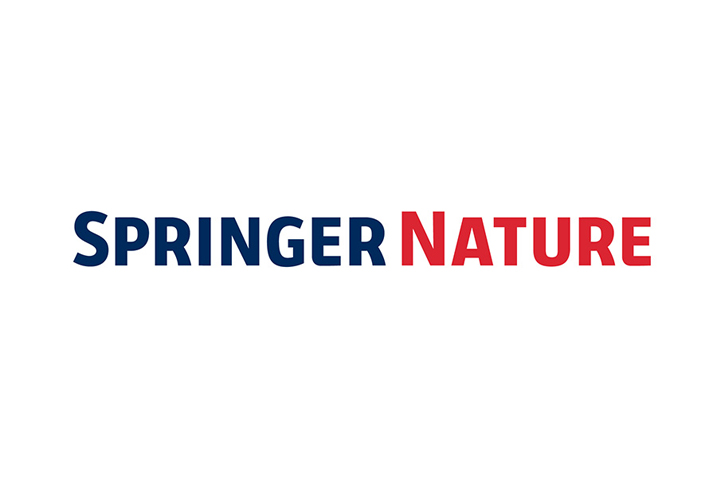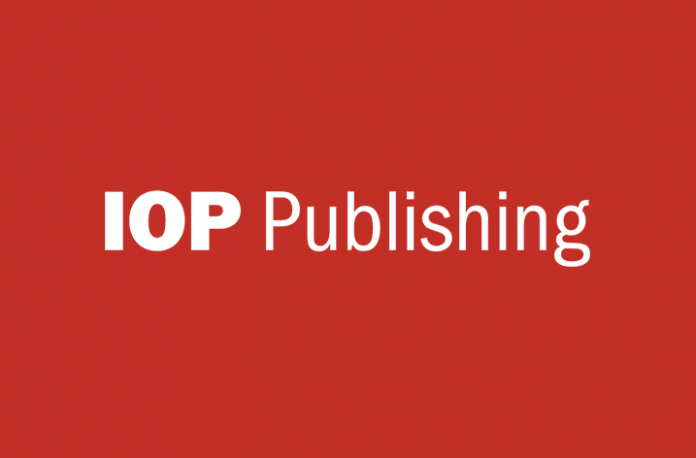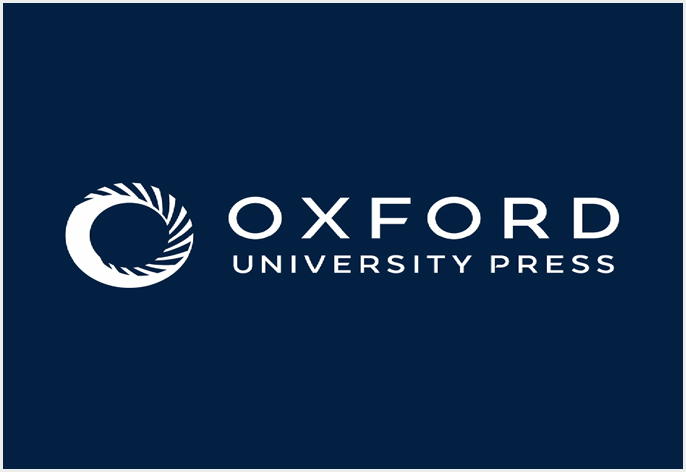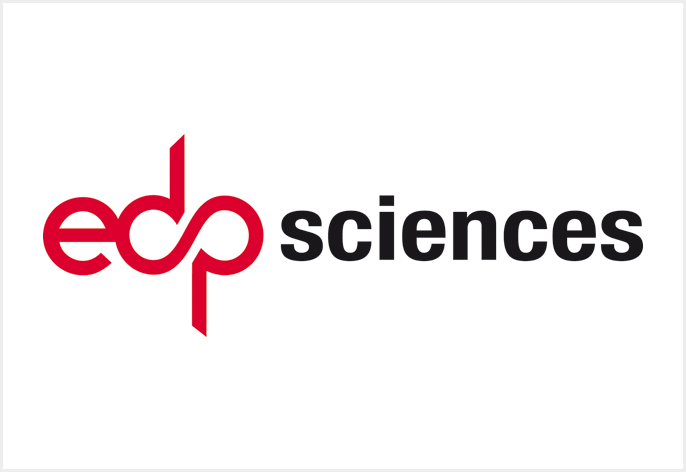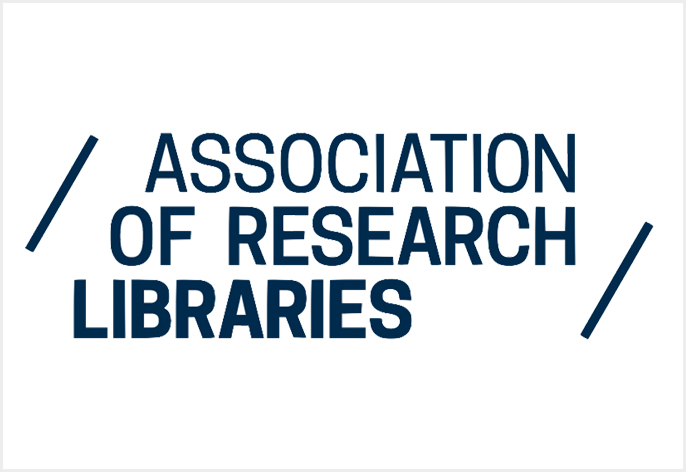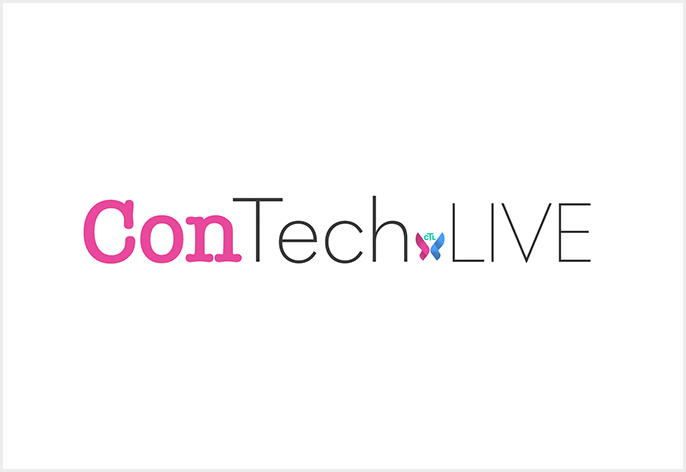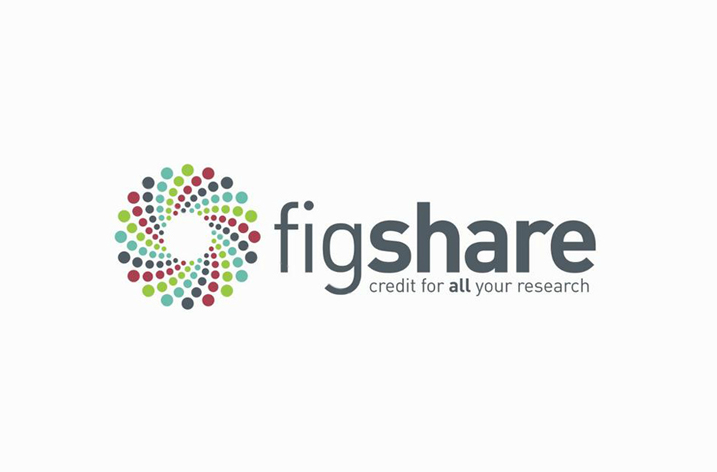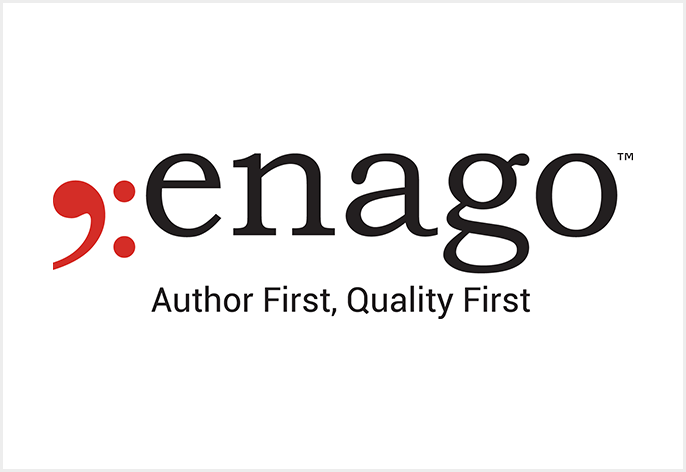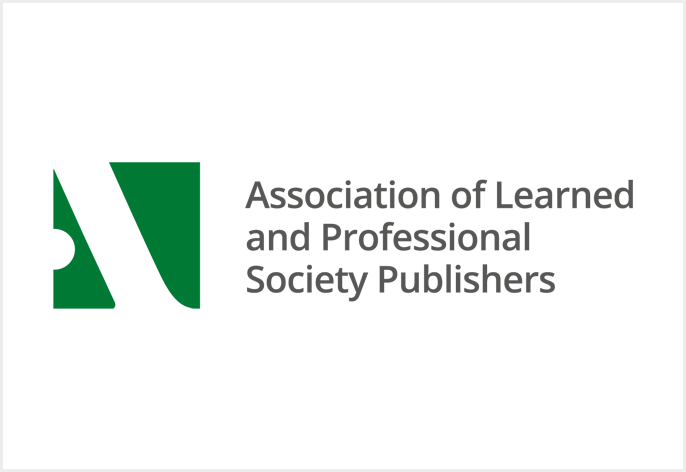Springer Nature has agreed the largest Transformative Agreement in Japan with 10 institutions participating in an innovative pilot. This will see nearly 900 articles published OA in the coming year, marking a significant step forward to Open Science in the region.
This innovative agreement allows researchers from the signatory bodies to publish OA in over 2000 journals published by Springer Nature, and will:
- Increase the global visibility of Japan’s academic research
- Enable more researchers to publish their work OA and benefit from the increased citations and downloads it provides
- Contribute to the improvement of research outputs and global presence of the participating universities
- Facilitate sustainable access to Springer Nature’s wide range of academic journals
- Provide for a more equitable approach to OA amongst Japan’s universities
Importantly, it will allow universities to transition at a speed suitable for their institution by offering the opportunity to fully or partially transform to OA. For example, it will initially see all papers from authors at the University of Tokyo and Tokyo Institute of Technology published Gold OA, meaning they will be immediately available for all to use and reuse from the point of publication. Additionally, a further eight academic institutions are committing to partially transition and will see over 50% of papers from their authors published fully OA.
Nine of the participating institutions are members of Japan’s Research University Consortia (RUC) with the Tokyo University of Science participating following an agreement by the Executive Member of RUC.
Commenting, Dr. Amane Koizumi, Project Professor, National Institute of Natural Sciences which is an organising member of Research University Consortium (RUC) said:
“It is of great significance that as many as ten national and private universities and Springer Nature have worked together to progress the opening of research and its outputs and information of Japan to the global community. We will continue to make efforts to facilitate more universities in joining this engagement.”
Carolyn Honour, Chief Commercial Officer, Springer Nature, said,
“I am delighted that Springer Nature will be partnering with such prestigious Japanese universities and research institutes as they transition to making their research immediately available for all to use from the point of publication. We know that OA articles are used more, downloaded more and enjoy greater impact. This pioneering agreement, designed to take into account the needs of the Japanese research community, is therefore an important step in ensuring that Japanese researchers are able to realise these benefits and increase the global reach of their research.
“I am also pleased that Springer Nature and members of the Research University Consortium (RUC) have committed to work together to promote the benefits of Open Science. At Springer Nature we believe that It is only by making all elements of a research output openly available, the data, code, methods etc, that we can collectively find solutions to the world’s biggest challenges, such as climate change.”
The participating universities will retain reading access to all existing journals to which they currently have access. Other RUC member universities are invited to join the agreement.





